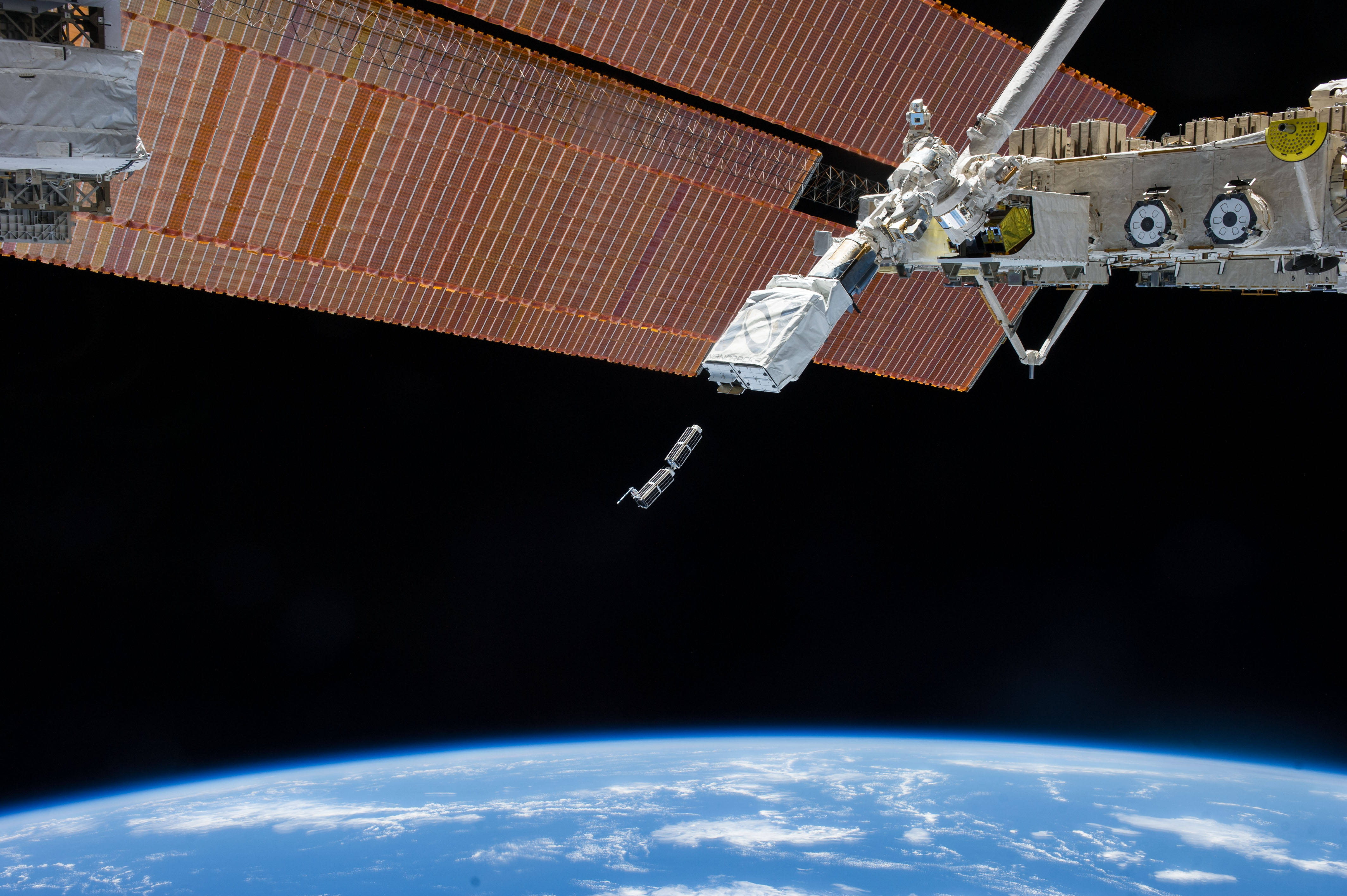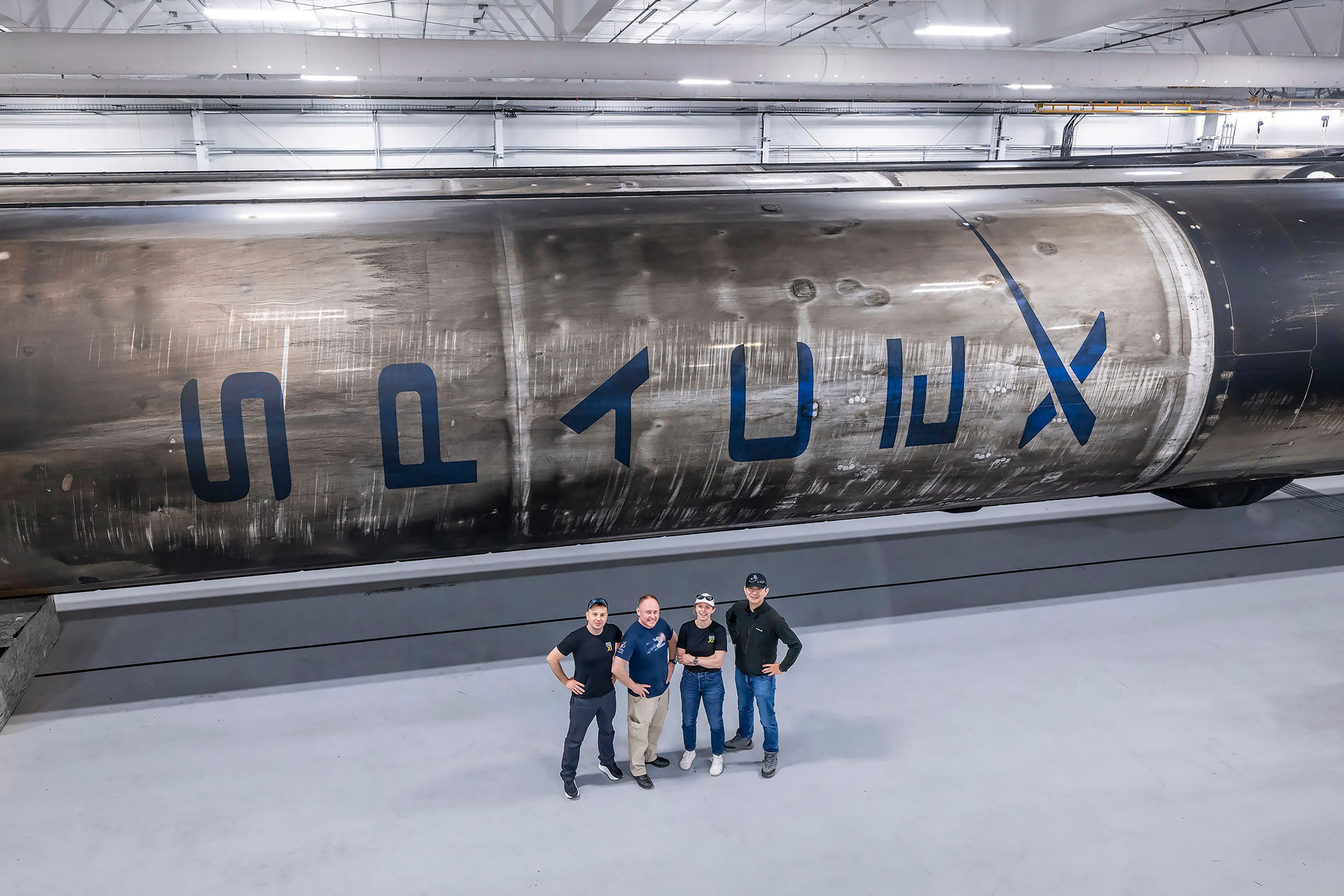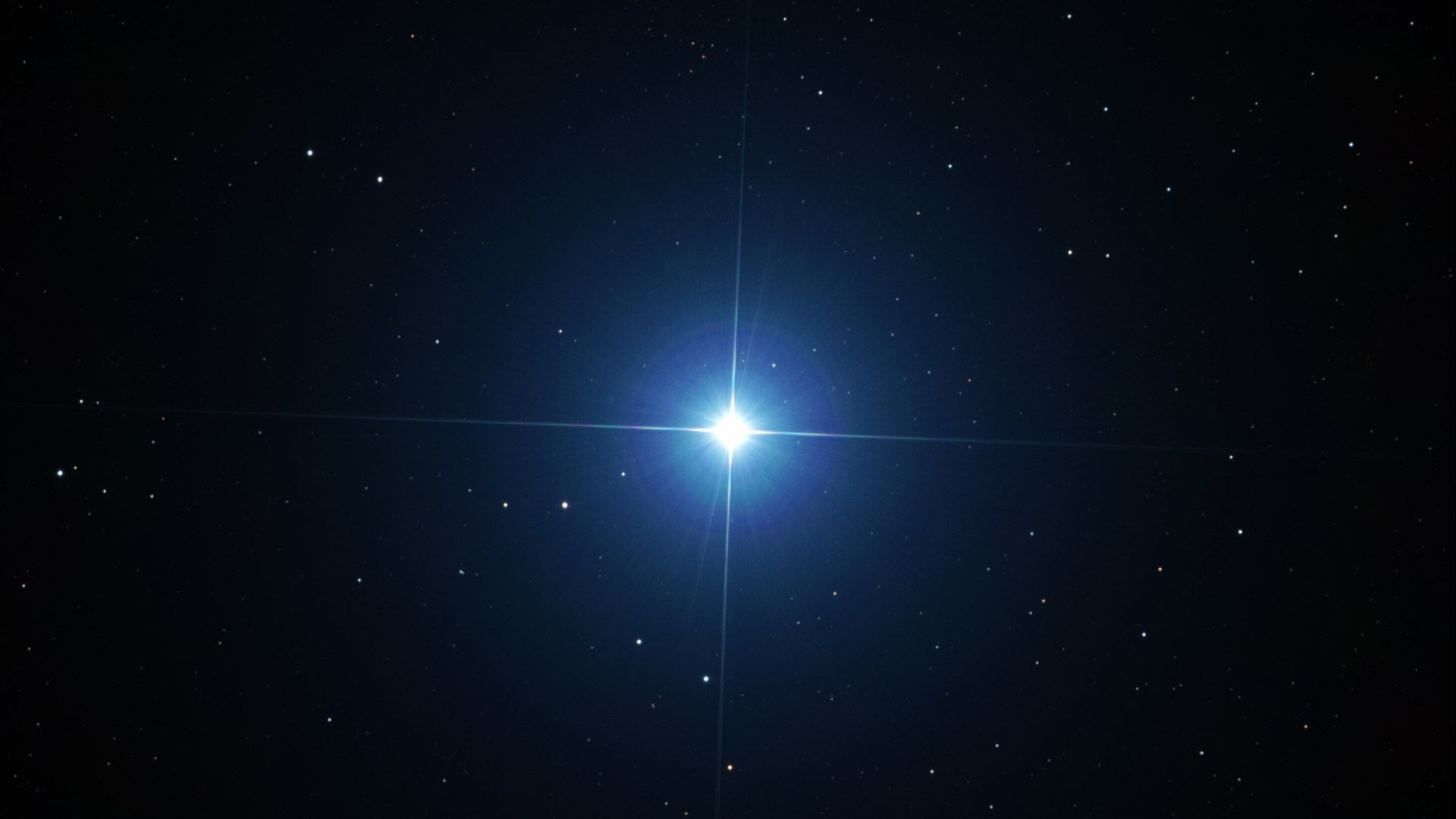NASA Will Pick Up More Earth-Observation Data from Planet and Maxar

NASA plans to purchase even more satellite data about Earth after a pilot program in this field went well, according to a media report.
The agency plans to buy more data from the Planet and Maxar satellites and is still evaluating data from a third company, Spire Global, for possibly extending the purchase agreement, a report in SpaceNews stated. The three companies were tasked with providing data to NASA under purchase agreements made in an October 2018 pilot program.
In a presentation at the American Geophysical Union's annual conference in San Francisco on Dec. 10, NASA Earth Observing System Data and Information System executive Kevin Murphy said that one issue the agency encountered involved licensing agreements. The agreement with the companies initially allowed NASA limited publication use under scientific case licenses.
Related: Planet Labs Photos of Earth from Space (Gallery)
"Standard scientific collaborations were inhibited by the license agreement. Being able to share information and collaborate is highly important," Murphy said, according to SpaceNews.
The agency plans to move forward with more-permissive scientific use licenses that would restrict how much data NASA obtains but allow for more sharing opportunities, Murphy added. NASA also plans to offer more slots, about every 12 to 18 months, to companies that want to join the program, he said.
In 2018, NASA said that the data program would fund researchers to investigate whether the information obtained by small sats would enhance or complement other Earth observations performed by larger satellites owned and operated by NASA, other U.S. government agencies or international groups.
Get the Space.com Newsletter
Breaking space news, the latest updates on rocket launches, skywatching events and more!
"This pilot program is an innovative and efficient way for us to acquire, examine and evaluate a wide range of private-sector Earth-observation data," Michael Freilich, director of NASA's Earth Science Division, said in a statement at the time. "As our very capable NASA research satellite fleet ages and more small satellites are launched by private industry, there are opportunities to leverage the strengths of each into even more-complete climate data sets."
- See Earth's Amazing Beauty from Space in This Time-Lapse Video by an Astronaut
- USRA's Earth from Space Institute Wants to Help Save the World
- Day Meets Night in This Amazing Astronaut Photo of Earth from Space
Follow Elizabeth Howell on Twitter @howellspace. Follow us on Twitter @Spacedotcom and on Facebook.

Join our Space Forums to keep talking space on the latest missions, night sky and more! And if you have a news tip, correction or comment, let us know at: community@space.com.

Elizabeth Howell (she/her), Ph.D., was a staff writer in the spaceflight channel between 2022 and 2024 specializing in Canadian space news. She was contributing writer for Space.com for 10 years from 2012 to 2024. Elizabeth's reporting includes multiple exclusives with the White House, leading world coverage about a lost-and-found space tomato on the International Space Station, witnessing five human spaceflight launches on two continents, flying parabolic, working inside a spacesuit, and participating in a simulated Mars mission. Her latest book, "Why Am I Taller?" (ECW Press, 2022) is co-written with astronaut Dave Williams.









